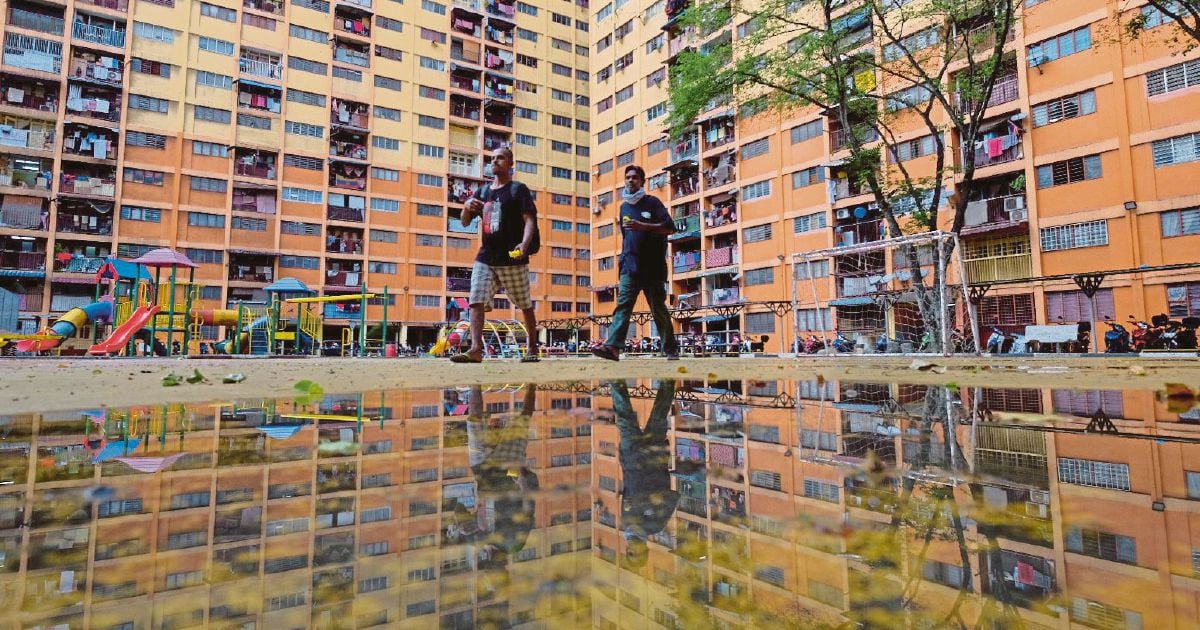KUALA LUMPUR: The Kuala Lumpur Residents Action for Sustainable Development Association believes that the proposed Urban Renewal Act’s broad scope could open the door to ambiguity and potential abuse.
The coalition’s public policy adviser JS Han said a typical redevelopment process begins with acquiring consent from residents in exchange for compensation.
“For those who agree to participate in the redevelopment, there are usually two types of packages — either you agree to take on a replacement unit, and they will pay you some rental provisions to wait for a couple of years, or you sell your unit to the developer,” he said.
Han said under the Strata Titles Act 1985, the consent threshold that needs to be achieved by the developer is 100 per cent.
He said developers, particularly small-scale and individual agents, had been approaching residents well before the bill was announced.
Han said this was due to the relatively low-entry barriers compared with conventional property development, where developers must purchase land outright.
If the bill is introduced as proposed, the consent threshold for redevelopment will be reduced to 80 per cent for buildings under 30 years old, 75 per cent agreement for buildings over 30 years old, and a simple majority (51 per cent) for abandoned or derelict housing.
“It falls short of a fair, transparent, and equitable urban renewal process that we looked forward to,” said Han, adding that the bill’s broad scope opens the door for ambiguity and potential abuse.
He warned that the use of the Land Acquisition Act 1960 as an enforcement mechanism for dissenters — those who do not agree to redevelopment — was concerning.
Han also expressed concern over the alleged lack of community participation mechanisms on designating areas for urban renewal within the bill, warning that in its current form, the bill risks becoming a tool to facilitate commercial profits, rather than encourage good urban planning principles.
“The communities that are impacted by redevelopment are actually the least able to withstand the financial burdens that come from project delays and abandonment.”
He said while urban renewal was “inevitable”, the proposed Urban Renewal Act must be improved to suit the unique circumstances of each location.
Han said the coalition acknowledged that some residential properties in the capital might be dilapidated, but cautioned against redevelopment based merely on age.
He said compensation must be fair and equitable, backing the government’s sentiment that no resident should be worse off after redevelopment.
Han added that compensation models could be far more creative, including the use of profit-sharing models and shares in commercial rental space for mixed-use developments.
“Rather than converting one (housing unit) for one, why don’t you convert one for two or one for three?
“And when he rents out the other one, at least that will provide income that will pay future higher maintenance.”
© New Straits Times Press (M) Bhd






